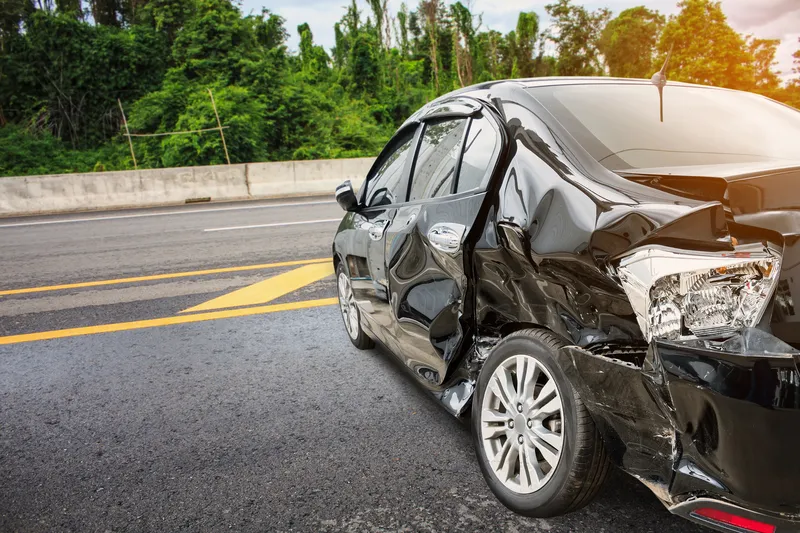Total and its affiliate, solar energy technology company SunPower have signed an agreement with the Metro of Santiago, Chile, for the supply of 300 gigawatt hours per year of clean solar energy. They say that the agreement makes the metro, which carries 2.2 million passengers a day, the first public transportation system in the world to run mostly on solar energy.
According to Eduardo Medina, executive vice president, global power plants, SunPower, solar power is an ideal energy source for Chile because
May 25, 2016
Read time: 2 mins
Total and its affiliate, solar energy technology company SunPower have signed an agreement with the Metro of Santiago, Chile, for the supply of 300 gigawatt hours per year of clean solar energy. They say that the agreement makes the metro, which carries 2.2 million passengers a day, the first public transportation system in the world to run mostly on solar energy.
According to Eduardo Medina, executive vice president, global power plants, SunPower, solar power is an ideal energy source for Chile because of the country's high solar resource and transparent energy policies.
SunPower will build the El Pelícano Solar Project, a 100-megawatt (AC) project near the municipalities of La Higuera (Coquimbo Region) and Vallenar (Atacama Region) and provide operations and maintenance once it is operational. Construction of the solar power plant will begin this year, with expected operation by the end of 2017.
"We are proud to partner with Metro in developing a new way of powering public transportation systems through competitive, reliable and clean energy," says Bernard Clément, senior vice president of Business & Operations of the New Energies division of Total.
According to Eduardo Medina, executive vice president, global power plants, SunPower, solar power is an ideal energy source for Chile because of the country's high solar resource and transparent energy policies.
SunPower will build the El Pelícano Solar Project, a 100-megawatt (AC) project near the municipalities of La Higuera (Coquimbo Region) and Vallenar (Atacama Region) and provide operations and maintenance once it is operational. Construction of the solar power plant will begin this year, with expected operation by the end of 2017.
"We are proud to partner with Metro in developing a new way of powering public transportation systems through competitive, reliable and clean energy," says Bernard Clément, senior vice president of Business & Operations of the New Energies division of Total.








